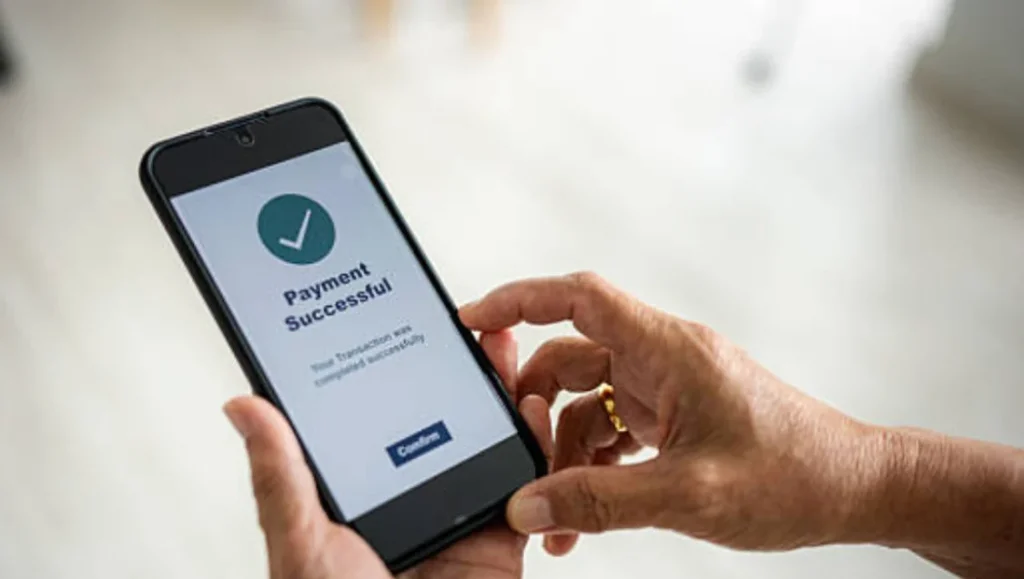Mobile money adoption in Africa continues to expand rapidly, boosting formal savings but leaving credit access largely unchanged, according to the World Bank’s Global Findex Database 2025.
Mobile Money Adoption Surges in Sub-Saharan Africa
Sub-Saharan Africa remains the global leader in mobile money adoption, with 40% of adults owning a mobile money account in 2024, up from 27% in 2021. This growth has outpaced traditional banking, positioning mobile money platforms as the dominant financial access channel in the region.
Mobile wallets are now widely used for:
- Household savings.
- Small business growth.
- Education and healthcare expenses.
In countries like Senegal, the share of adults saving formally rose sharply between 2021 and 2024, showcasing the growing role of digital finance in building household and community resilience.
Strongest Gains in Formal Savings
In 2024, 39% of adults in Sub-Saharan Africa saved formally through bank accounts or mobile money — a 16 percentage point increase since 2021. This signals a major shift in how Africans are using digital platforms to manage money securely and plan for the future.
Credit Access Stalls Despite Growth in Savings
While mobile money has fueled a savings boom, formal credit access has stalled:
- Only 23% of adults borrowed formally in 2024, unchanged from 2021.
- Most continue to rely on informal borrowing from family, friends, and community networks.
Key barriers to credit growth include:
- Underdeveloped credit bureaus.
- Lack of collateral.
- Cautious regulatory frameworks for digital lending.
- High cost of borrowing.
Financial Inclusion Gaps Persist
Although gender gaps in account ownership are narrowing, women remain less likely to borrow formally than men. Similarly, rural populations, while benefiting from mobile money transfers and savings tools, still face limited access to affordable credit.
This highlights the need for targeted solutions that go beyond payments and savings to expand responsible credit access.
The Next Phase: From Savings to Credit Empowerment
Experts suggest that the next phase of financial inclusion in Africa must prioritise credit expansion. Potential solutions include:
- Using mobile transaction histories for credit scoring.
- Expanding micro-lending and digital lending models.
- Strengthening consumer protection frameworks.
By moving from a savings-driven model to one that enables responsible credit access, mobile money can unlock broader economic opportunities across the continent.
Key Takeaways
- 40% of adults in Sub-Saharan Africa owned a mobile money account in 2024, up from 27% in 2021.
- Formal savings grew to 39% of adults, with strong gains across countries like Senegal.
- Formal borrowing stalled at 23%, unchanged since 2021.
- Gender and rural gaps remain significant in credit access.
- The next phase of financial inclusion must focus on credit empowerment through mobile-driven solutions.












